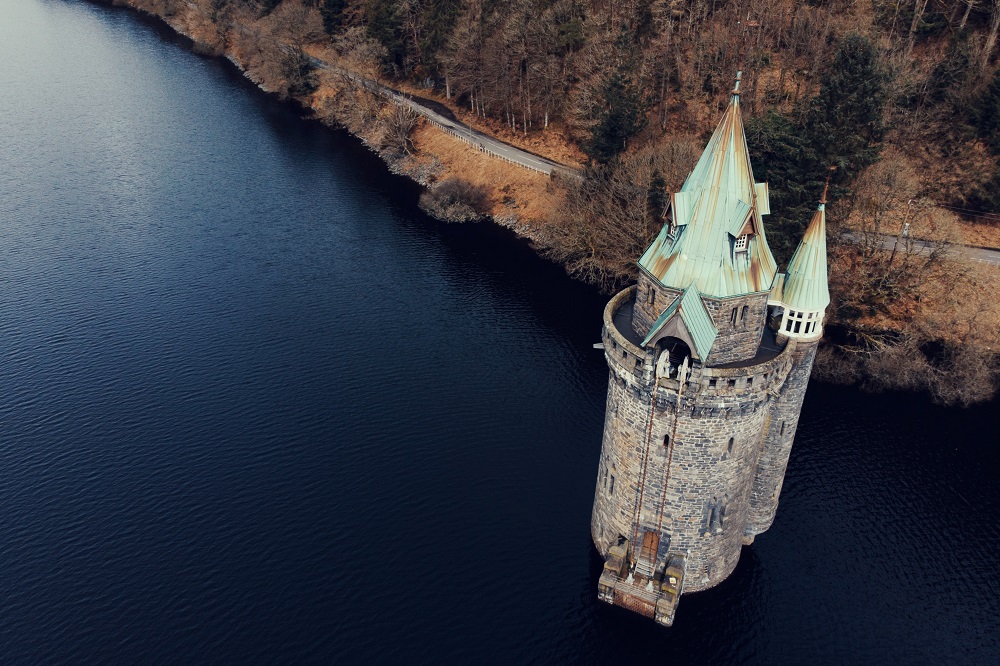Why are we getting zilch for Wales’ water while the firms taking it pay out billions in dividends?

Gareth Ceidiog Hughes
There’s a great deal of money to be made out of water.
Because of this, we should be taking control of our water in Wales and ploughing the profits from it back into our NHS. But we are currently prevented from doing so.
According to a report by The Guardian, English water companies have handed more than £2bn a year on average to shareholders since they were privatised three decades ago by a certain Margaret Thatcher.
Between 1991 and 2019 the payouts in dividends to the shareholders of the parent companies of these firms come to the princely sum of £57bn. And the money just keeps on flowing into their deep pockets.
This is a legalised racket. Water firms are essentially monopolies. If you don’t like the service from your water firm, you can’t really switch to another one. You can’t decide to do without water as it were a new t-shirt or the latest smartphone either. We kind of need it to, you know, not die.
And a not-insignificant amount of money is made out of water that flows out of Wales. Severn Trent and United Utilities control substantial assets here. Some of these assets were created by drowning Welsh villages such as Capel Celyn in the Tryweryn Valley.
The CEO of Severn Trent has a salary package of £2.4m, and the CEO United Utilities, has a salary package of £2.3m.
When the subject of Wales not profiting from our own water is brought up there are some who try to characterise it as somehow anti-English. This simply isn’t the case. Ordinary English people are screwed over by these water firms too, and I hope that they take control of their own water just as I want us to take control of ours.
But the fact that ordinary English people are getting a raw deal from the Westminster establishment and its corporate pals doesn’t strike me as a particularly strong reason for not demanding fairness for Wales.
Steve Robertson, the former boss of Thames Water has been given a hefty £2.8m payoff after leaving the company, despite being sacked after a row over his failure to reduce leakages. Thames Water does not have assets in Wales as far as I am aware. I mention it as an example of the way the system works.
Lionel Barber, the former editor of the Financial Times, and therefore not a man known for his uber-Marxist tendencies, said: “There is no way to describe this £2.8 pay-off for ex Thames Water boss other than a reward for failure that gives capitalism a bad name.”
Profit
What we have here is a dodgy system, and Wales can decide to opt-out if it wants to. One major problem with these firms is that they don’t invest enough in their infrastructure. The publicly owned Scottish Water has invested around 35 per cent more per household in infrastructure since 2002 than the privatised English water companies.
It’s not anti-English to want control of Welsh water any more than it is anti-American to decide you don’t want to privatise the NHS or to wolf down a chlorinated chicken. It is a lazy and facile trope employed by those who do not wish to see Wales control its own affairs. To want to control Welsh water merely flows from a belief in self-determination and a sense of fairness.
Thankfully not all water in Wales is sold for profit. In 2001 Dŵr Cymru (Welsh Water) became a not-for-profit organisation with no shareholders. But much of the water in Wales lies outside of Dŵr Cymru’s control and this needs to change.
Severn Trent has said that it pays “for the upkeep of all the assets in Wales and also reimburse the abstraction fees”. What this suggests is that it takes the water at cost price, and therefore Wales does not see any of the profit that is made from its own resource. This is a scandal. It’s like being paid the equivalent of mileage for making someone millions upon millions of pounds a year. It looks like one of the worst deals ever made.
Hundreds of millions of pounds are flowing out of Wales every year, so we’re talking about billions in total since privatisation. Of course, Wales has been losing out with regards to its water long before then. This prevents us from giving that money NHS. It is money that our NHS could really do with right now.
We should also remember this is just one example of Wales being treated unfairly. We are tied to a system that inhibits Wales from profiting properly from its own resources.
The Westminster establishment, of course, doesn’t want to solve this problem for Wales. Their strategy is to keep us poor and then tell us we can’t look after ourselves.
I’m sick of being told I’m too poor to look after myself by someone who has his hand in my wallet. I’m sick of being told by the same man I should be grateful when I’m slipped the occasional quid. It’s pretty galling.
Support our Nation today
For the price of a cup of coffee a month you can help us create an independent, not-for-profit, national news service for the people of Wales, by the people of Wales.






